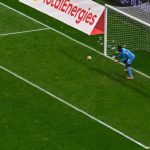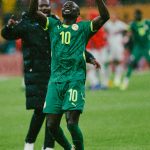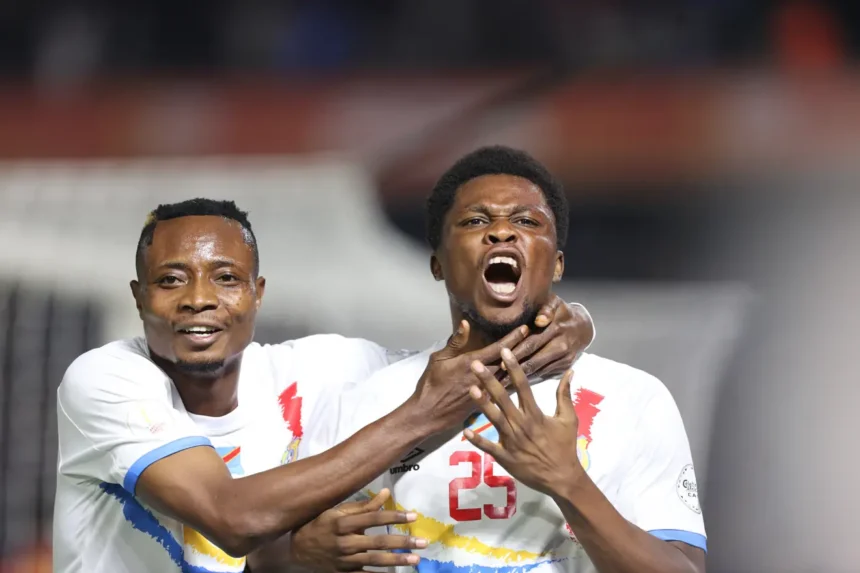DR Congo positioned themselves as genuine contenders for another CHAN title with a masterful 2-0 victory over Angola that showcased why the two-time champions remain one of the tournament’s most dangerous sides despite their uneven recent form.
The Leopards A’s clinical second-half display at the Moi International Sports Centre in Nairobi – one of the flagship venues for the delayed CHAN PAMOJA 2024 across co-hosts Kenya, Tanzania and Uganda – demonstrated the tournament experience and composure that has served them well in previous campaigns. Headers from Jephté Kitambala and substitute Jonathan Mokonzi settled a contest that was far tighter than the scoreline suggests.
The victory sets up a tantalising winner-takes-all encounter with Morocco on Sunday that will likely determine Group A’s second quarter-finalist, with both sides carrying the confidence and pedigree expected of former champions. For Angola, the defeat represents the end of their continental ambitions and extends their disappointing record at CHAN, where they have struggled to translate domestic strength into tournament success.
Playing in the tournament that finally launched in August after being postponed from February, DR Congo showed exactly why they have won this competition twice before. Their patient approach in the first half, followed by ruthless execution after the break, exemplified the kind of tactical maturity that separates genuine contenders from early casualties.
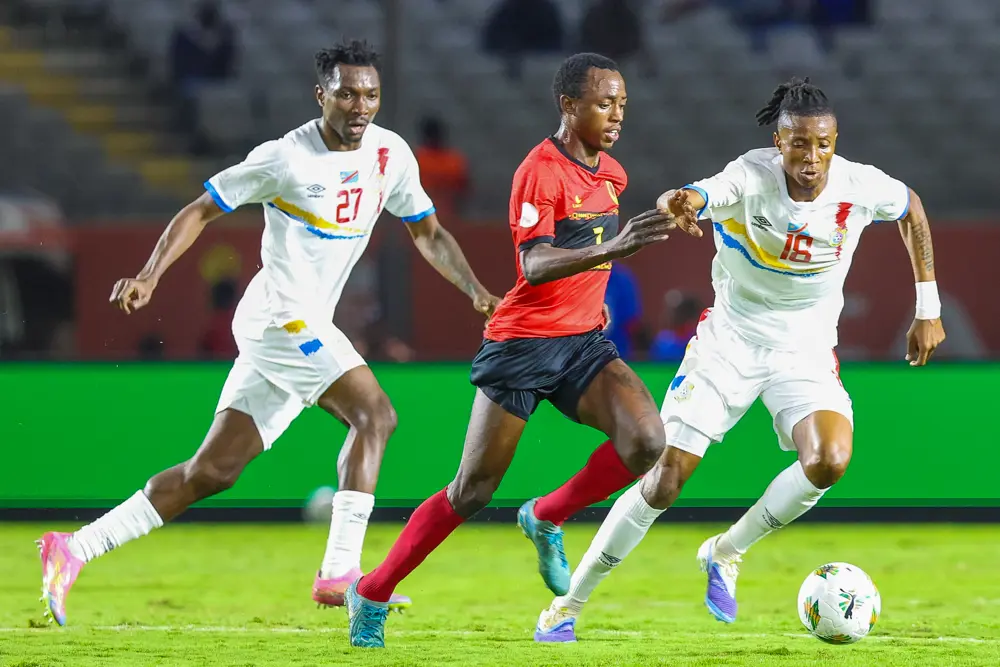
Angola entered the match knowing victory would guarantee quarter-final qualification, whilst DR Congo were aware that three points would put them within touching distance of the knockout stages. The contrasting pressure scenarios created an intriguing tactical battle that remained delicately poised until the Leopards’ decisive second-half surge.
The opening period saw both sides create opportunities without managing to capitalise. Angola’s Beni Jetour and Kaporal tested DR Congo goalkeeper Brudel Efonge from distance, whilst the Palancas Negras looked particularly dangerous from set-pieces before being repeatedly denied by alert defending. DR Congo’s threats came through Ibrahim Matobo and Oscar Kabwit, but neither side could find the quality required to break the deadlock.
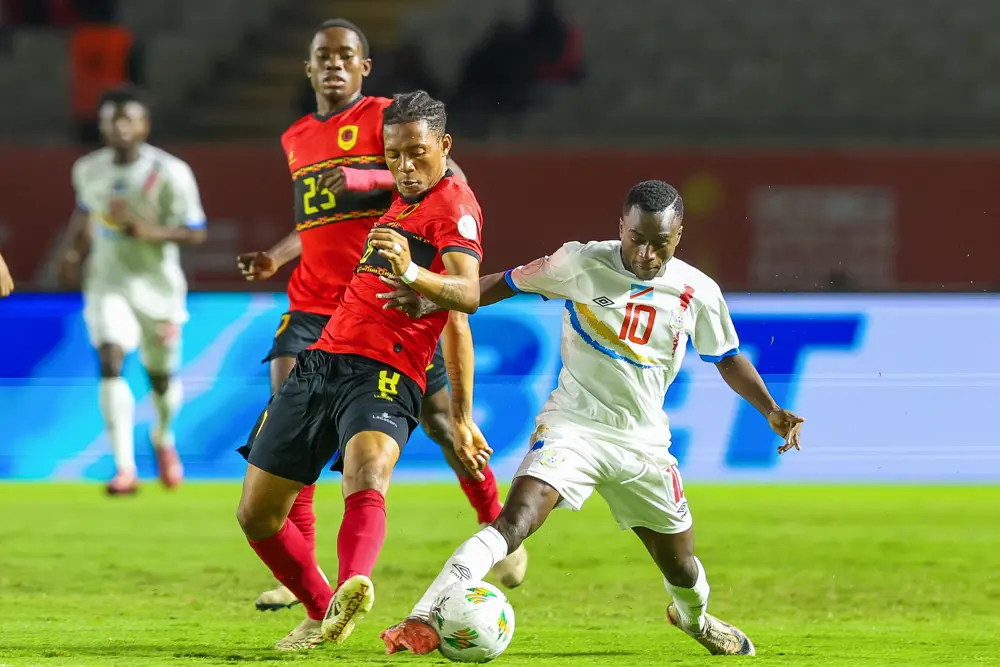
The match transformed in the 58th minute when Âgée Basiala’s pinpoint free-kick delivery found Kitambala, whose perfectly-timed run and glancing header into the bottom corner demonstrated the clinical edge that has made DR Congo such a formidable tournament side. The goal was a masterclass in set-piece execution, with Basiala’s precision matched by Kitambala’s intelligent movement.
Angola’s response was immediate and desperate, with Pedro Gonçalves introducing Jó Paciência, Mafuta and Gogoró in search of an equaliser. Vidinho’s close-range header nearly provided it, only for Efonge to produce the kind of crucial save that defines tournament campaigns. The missed opportunity proved costly as DR Congo struck again just twelve minutes later.
Basiala once more proved the architect, delivering a teasing corner that Mokonzi met at the near post to double DR Congo’s advantage. The substitute’s impact underlined the squad depth that coach Daouda Lupembe has built, with players capable of changing matches from the bench – a luxury that often proves decisive in knockout tournaments.
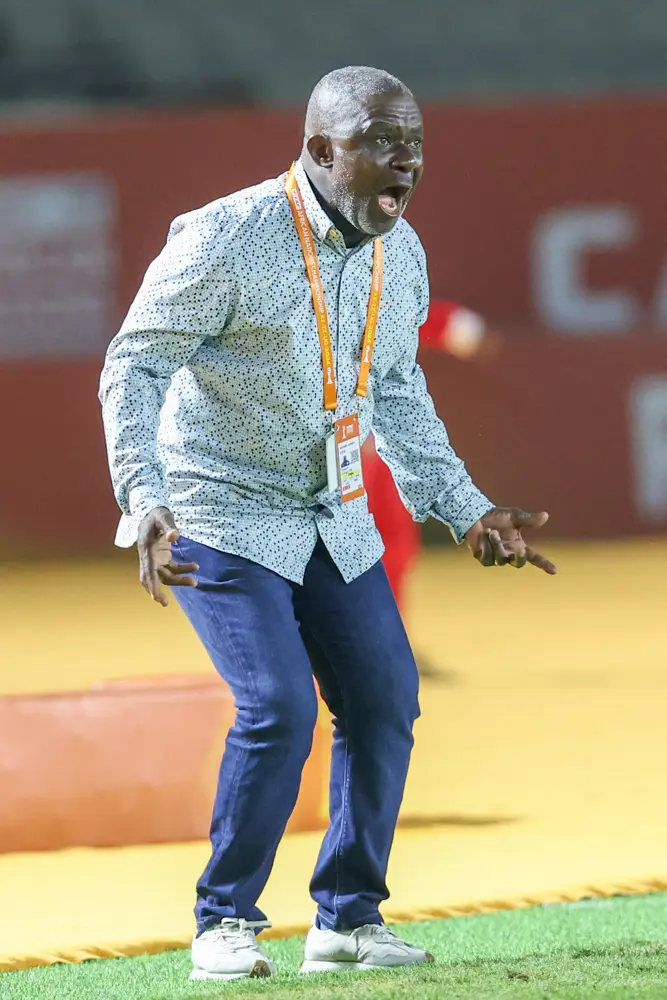
Angola’s final quarter-hour was characterised by increasing desperation as they poured numbers forward in search of goals that never came. Jó Paciência fired over from range, Lépua’s effort was blocked, and Kinito saw his late attempt smothered by DR Congo’s increasingly confident defence, marshalled expertly by Osée Ndombele and Lolendo Mansanga.
The comprehensive nature of DR Congo’s victory will send a clear message to their remaining opponents that the Leopards are hitting their stride at precisely the right moment. Their defensive discipline, combined with clinical finishing and intelligent use of substitutions, suggests they have the tournament mentality required for a deep run.
For Angola, the defeat represents another missed opportunity to establish themselves as a continental force. Their failure to find the net against DR Congo’s well-organised defence highlighted the clinical edge that separates tournament winners from early departures, with the Palancas Negras left to reflect on what might have been.
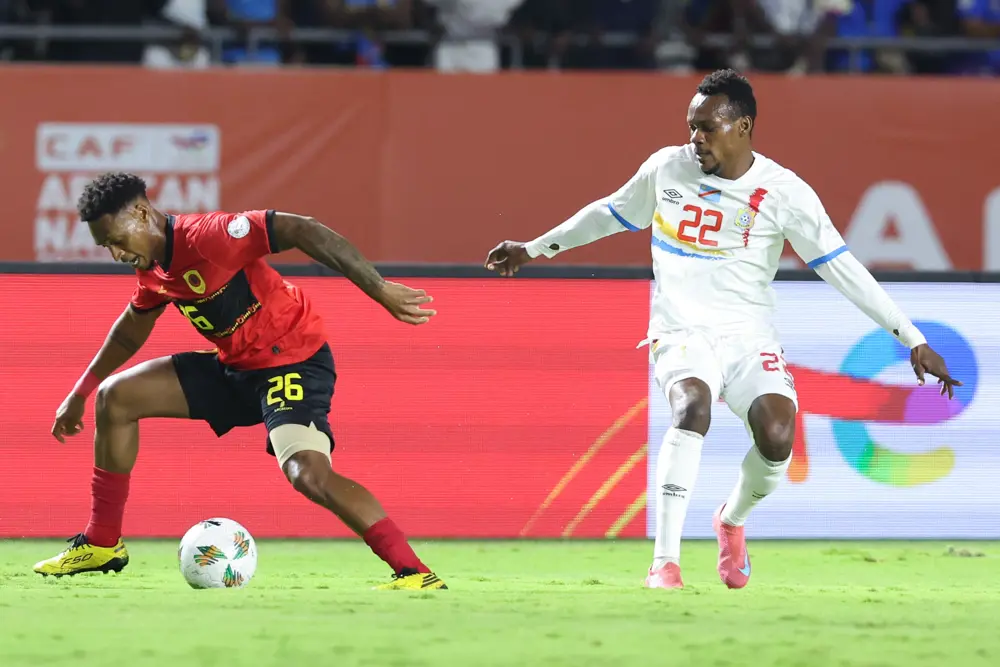
Sunday’s clash between DR Congo and Morocco now carries enormous significance, with both former champions knowing that victory will likely secure quarter-final qualification. The match promises to be a fascinating tactical battle between two sides with proven tournament pedigree and the experience to handle high-pressure situations.



